From Oversupply to Survival: How Korea’s Petrochemical Giants Are Restructuring
Input
Changed
LG Chem Offers Voluntary Retirement to Employees Under Wage-Peak System Lotte Chemical Accelerates Restructuring of Facilities Nationwide How Japan Led—and Succeeded—in Petrochemical Industry Restructuring
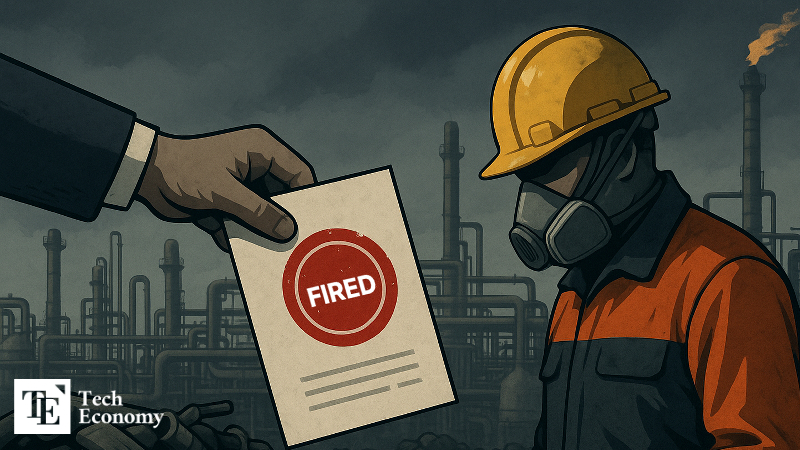
LG Chem has begun offering voluntary retirement packages to employees in its petrochemical division. The move comes as the sector faces worsening conditions amid oversupply and a broader economic downturn, while government pressure for restructuring grows more visible. Market observers note that Korea should take cues from Japan’s successful restructuring of its petrochemical industry and adopt a more proactive approach in guiding industrial realignment.
LG Chem Begins Workforce Reduction
According to industry sources on the 1st, LG Chem has started collecting applications for voluntary retirement from employees under the wage-peak system at its plants in Daesan and Yeosu. Both production and office workers aged 58 and older are eligible. The company is reportedly considering a package that includes covering salaries until the official retirement age as well as support for children’s university tuition, though it is unlikely to offer the usual severance bonuses.
While the current program targets only those under the wage-peak system, industry observers expect broader restructuring if plant sales or corporate consolidations proceed. The outlook reflects the sharp deterioration in LG Chem’s petrochemical performance. Although the company as a whole posted consolidated revenue of about $175 billion and operating profit of $680 million in the first half of this year, its petrochemical division suffered consecutive losses: a $42 million operating deficit in the first quarter and $67 million in the second.
The downturn stems from oversupply caused by large-scale capacity expansions in China, combined with weak global demand amid economic slowdown. As adverse conditions accumulate, petrochemical companies including LG Chem have been hit hard. In response, the Korean government has urged the industry to implement self-rescue measures, including cutting up to 3.7 million tons of naphtha cracking capacity (NCC). LG Chem’s voluntary retirement plan marks one of the first visible cases of government-driven restructuring being put into practice.
Lotte Chemical’s Restructuring Moves
Beyond LG Chem, other petrochemical companies are accelerating efforts to restructure their operations. Lotte Chemical, in particular, is expected to play a central role in government-led plans to reduce naphtha cracking capacity (NCC) at the nation’s key complexes in Yeosu, Daesan, and Ulsan. “There are ongoing discussions about consolidating and streamlining NCC facilities across these complexes,” one industry insider noted, adding that “Lotte Chemical is likely to take the lead in Yeosu.”
The combined NCC capacity of companies based in the Yeosu complex—including Lotte Chemical, LG Chem, Yeochun NCC, and GS Caltex—totals 6.265 million tons, accounting for 49% of Korea’s total petrochemical capacity. Among them, Lotte Chemical is under the greatest pressure to maintain its NCC business. While other firms have lower dependence on NCC or enjoy more diversified income sources at the group level, Lotte Chemical derives 65% of its sales from basic chemicals. At the same time, the group’s core retail business is struggling. If its petrochemical segment—responsible for 30.4% of the group’s overall revenue—shrinks significantly, Lotte Group’s market influence is bound to weaken.
Lotte Chemical is also in talks with HD Hyundai Chemical on a broader restructuring of their Daesan operations. The two sides are evaluating the value of their NCC assets in the region, with plans for Lotte Chemical to transfer its facilities to HD Hyundai Chemical before launching a single integrated entity. The merged unit would gradually shut down overlapping plants, scaling back production to improve efficiency. HD Hyundai Chemical is a joint venture owned 60% by HD Hyundai Oilbank and 40% by Lotte Chemical.
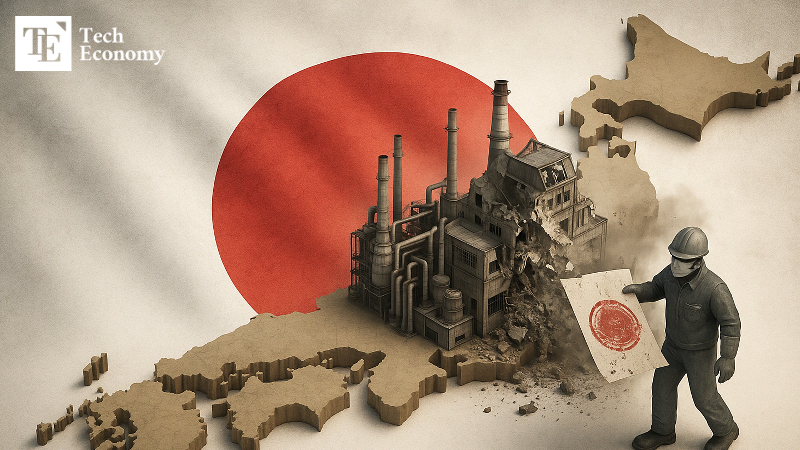
Japan Took Early Action to Revive Petrochemicals
As restructuring gains momentum across Korea’s petrochemical sector, analysts argue that the government should “benchmark” Japan’s experience in leading industry-wide reforms. A recent report by Samil PwC Research, “Japan’s Petrochemical Restructuring Cases and Lessons,” highlights how Japan weathered its industry crisis through what it called “three rounds of decisive cuts.”
The first wave came in the early 1980s. After the oil shocks eroded profitability, the government enacted the Temporary Measures Law for Structural Improvement of Specific Industries, forcing the closure or consolidation of aging and overlapping naphtha cracking facilities (NCCs).
The second restructuring in the 1990s encouraged voluntary mergers and acquisitions. With the enactment of the Special Measures Law for Industrial Revitalization, merged or split companies received tax breaks, while antitrust reviews were fast-tracked. This opened the door for major deals, including the 1994 merger of Mitsubishi Petrochemical and Mitsubishi Kasei, which created Mitsubishi Chemical—now Japan’s largest chemical company. Consolidation allowed Japanese firms to expand beyond basic chemicals into specialties such as electronic materials and medical devices.
The third wave in the 2000s shifted to indirect support, with the government offering regulatory easing and tax incentives while companies pursued competitiveness through kombinat (cluster-based plant integration) and overseas expansion. Japanese firms remain active in restructuring today. For instance, Mitsui Chemicals plans to spin off and merge its basic and green materials divisions by 2027 as part of a portfolio overhaul targeting low-margin businesses.
Korea, for its part, recognized challenges more than a decade ago—including rising self-sufficiency in China’s petrochemical production—but failed to act decisively. Analysts cite the lack of concrete policy measures and passive attitudes among companies as reasons. One industry official warned: “Petrochemicals are a core foundation for the national economy. Without timely restructuring, downstream industries like construction and electronics will suffer serious damage.” The official added, “Japan acted early; Korea is already late. The government must show a more proactive stance now.”

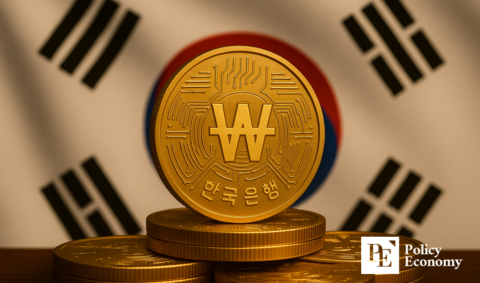
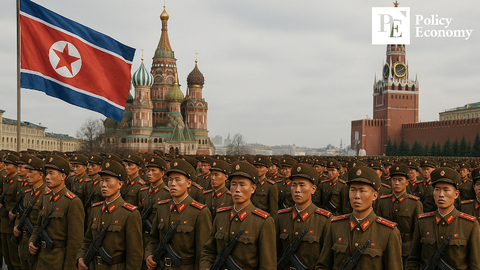
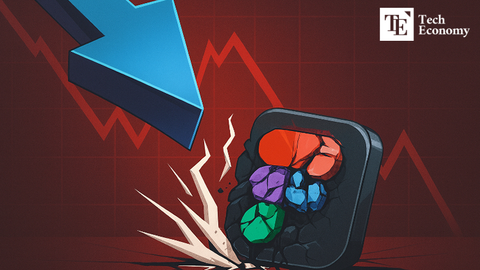




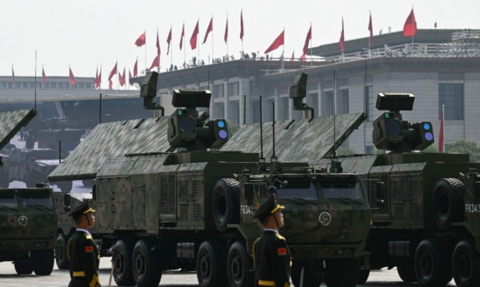
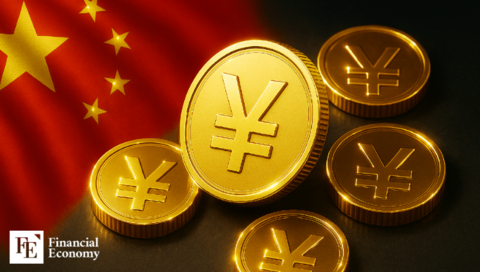












Comment